Supporting Mexico's Memory Law
During Mexico’s “Dirty War,” widespread human rights violations occurred, including torture, extrajudicial killings, enforced disappearances, SGBV, forced displacement, arbitrary detentions, political imprisonment, and forced exile. In 2021, the Commission for Access to Truth, Historical Clarification, and Promotion of Justice was established to investigate these abuses. With crucial support from GIJTR, the Commission conducted its investigation, made recommendations, and issued a comprehensive final report highlighting long silenced facts behind these violations and promoting accountability for those responsible. Local civil society organizations played a key role in ensuring that victims’ voices were heard throughout the process.
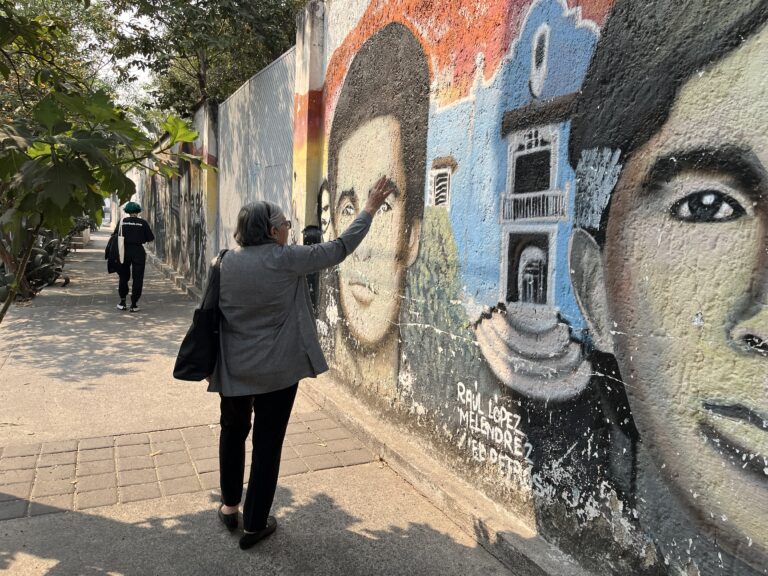
Context
On October 6, 2021, the Government of Mexico issued an Executive Order creating the Commission for Access to Truth, Historical Clarification, and Promotion of Justice Regarding Gross Human Rights Violations Committed from 1965 to 1990*, which was mandated to investigate, make recommendations, and issue a final, freely accessible report clarifying the facts, processes, institutions, and responsibilities that led to systematic human rights violations by the Mexican State during these years.
Specifically, the Commission focused on investigating the period during which the so-called White Brigade was created within the Mexican Police, supported by the IX Division of the Army, with the aim of targeting and dismantling opposition groups. The Brigade used massive detentions and torture to extend their reach and eventually began the practice of enforced disappearances. According to the UN Working Group on Enforced or Involuntary Disappearances, there were as many as 100,000 enforced disappearances from 1964 to 2022. However, the majority (about 97,000) occurred after 2006 in the context of the war against drug cartels and organized crime, when several former high-ranking officers of the Mexican security forces joined the drug lords. While the mandate of the Commission is restricted to the clarification of facts related to political violence from 1965 to 1990, it also includes the provision for the development of a Law of Memory that will apply not only to this period but to all violations of human rights in Mexico, regardless of their timing.
The main violations addressed by the Commission include torture, extrajudicial killings, enforced disappearances, SGBV, forced displacement, arbitrary detentions, political imprisonment, and forced exile. The purpose of the Commission is to determine the root causes of political violence during the “dirty war” against an imagined “internal enemy,” which led to the current situation of widespread violence with limited accountability. While the Commission’s mandate does not cover the most recent period after the Dirty War, it provides tools to strengthen the National Search Commission and the Victims’ Support Commission.
Project Details
The project played a pivotal role in advancing the Truth Commission’s mission and supporting Mexican civil society organizations (CSOs) by commissioning a range of policy papers, which offered in-depth analyses and strategic recommendations. It implemented targeted training sessions and established specialized workgroups to build capacity and foster collaboration among stakeholders. Additionally, the project provided vital support for local initiatives through small grants and technical assistance facilitated by GIJTR partners. The outputs of these efforts included detailed reports, comprehensive documentation packages, and policy papers, along with proposals for the Law of Memory. These resources were instrumental in equipping the Truth Commission and Mexican CSOs with valuable tools and materials, enhancing their ability to develop a more inclusive and effective participatory process. This approach ensured that the process was not only thorough but also engaged a wide range of voices and perspectives in the pursuit of justice and accountability.
*Comisión para el Acceso a la Verdad, el Esclarecimiento Histórico y el Impulso a la Justicia de las Violaciones Graves a los Derechos Humanos Cometidas de 1965 a 1990
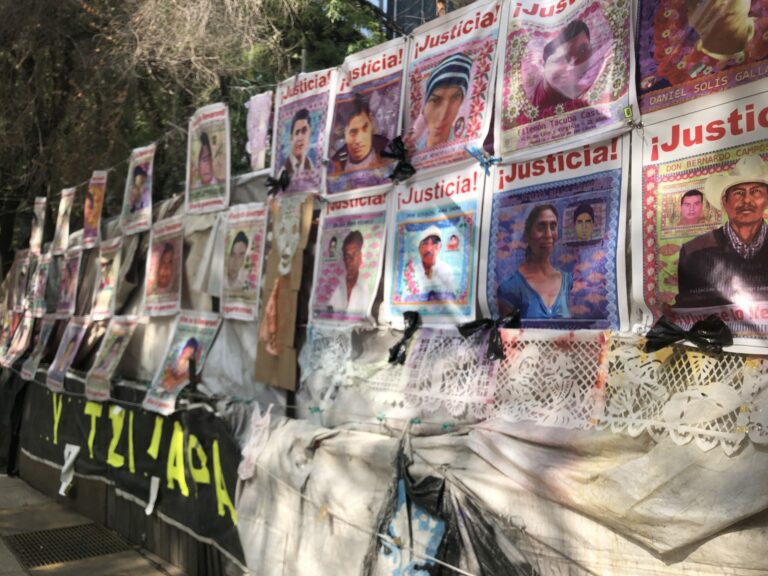
Project Objectives
1. Support Mexican CSOs to prepare documentation to inform the Truth Commission's research process, including recommendations on truth-telling, reparations, non-repetition and institutional reform.
2. Enable the Truth Commission to increase its capacity to collect and center documentation from CSOs and institutions to enhance their research process.
3. Aid CSOs to increase their capacities to continue their memorialization and documentation efforts according to international standards beyond the mandate of the Truth Commission.
4. Ensure an informed analysis of the role and methods of participatory memorialization and documentation in transitional justice processes is included in the development of a comprehensive Law of Memory for Mexico and supports its approval process at national and provincial levels.
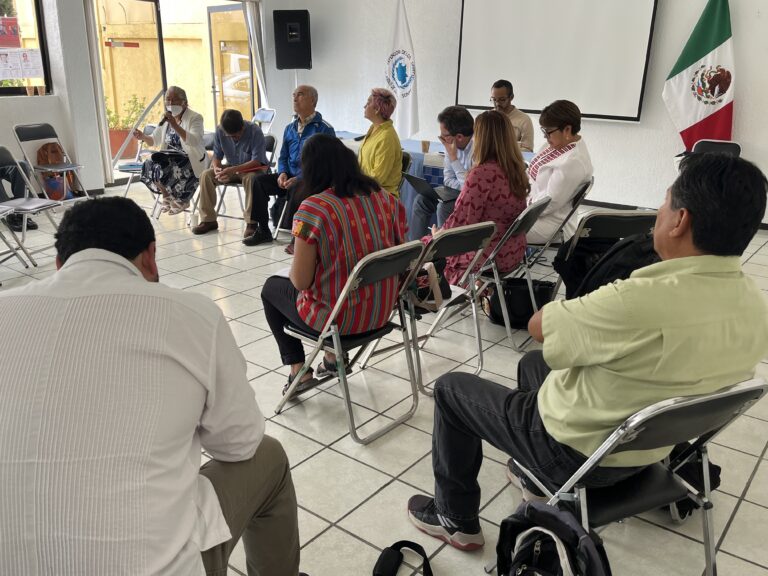
Needs Assessment to Support CSOs in the Truth Commission and the Drafting of a Law of Memory
GIJTR partners ICSC and DPLF conducted a needs assessment in Mexico City, Guadalajara and Oaxaca, interviewing nearly 100 stakeholders ranging from grassroots organizations of families of the disappeared, to NGOs, to UN representatives, to government officials and members of congress. As a result of the assessment, a report was produced with a broad description of findings and recommendations on ways to support CSOs and the Truth Commission in documentation and memorialization initiatives, as well as in reviewing legal frameworks for the development of a law of memory in Mexico.
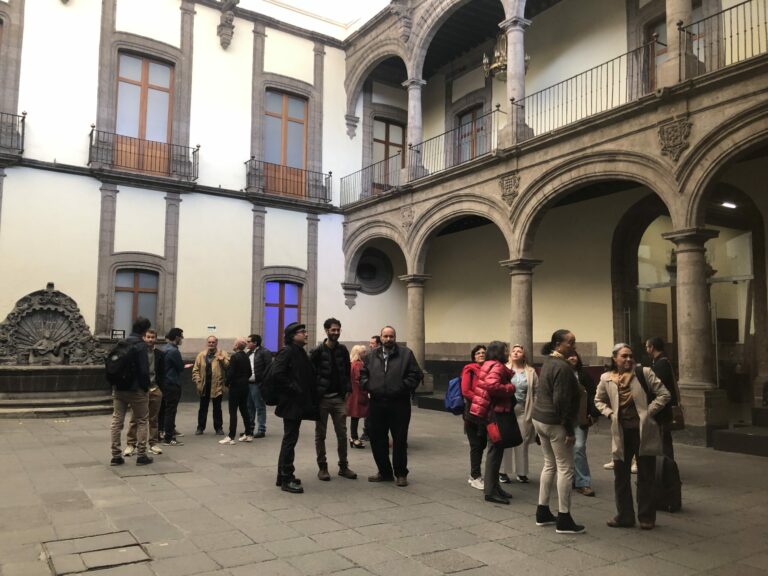
Workshops and Trainings on Human Rights Archives and Memorialization
ICSC, in partnership with its member site, Circular de Morelia, conducted a survey with 25 CSOs across eight Mexican cities to identify organizations in need of support to improve their archives and memorialization programs. After the survey, eighteen institutions received training on organizing, preserving, and managing human rights archives and digital security. Another group attended training on memorialization and the role of memory sites in advocacy.
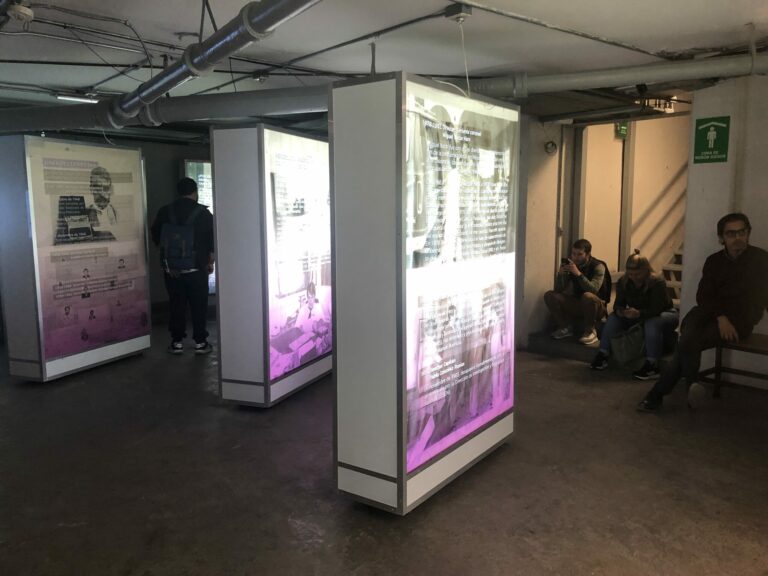
Small Grants to Develop Projects on Human Rights Archives and Memorialization
Following the capacity building workshops, a local, specialized team of technicians were trained and hired to facilitate the implementation of 16 small projects to support the development of participating CSOs' digital archives and memorialization initiatives. The projects received financial and technical support from ICSC and local consultants over six months. Additional follow-up workshops and visits were conducted in six cities to monitor implementation and ensure high-impact results. These efforts contribute not only to the Truth Commission's research but also to a future sustainable program for documentation and memorialization in Mexico.
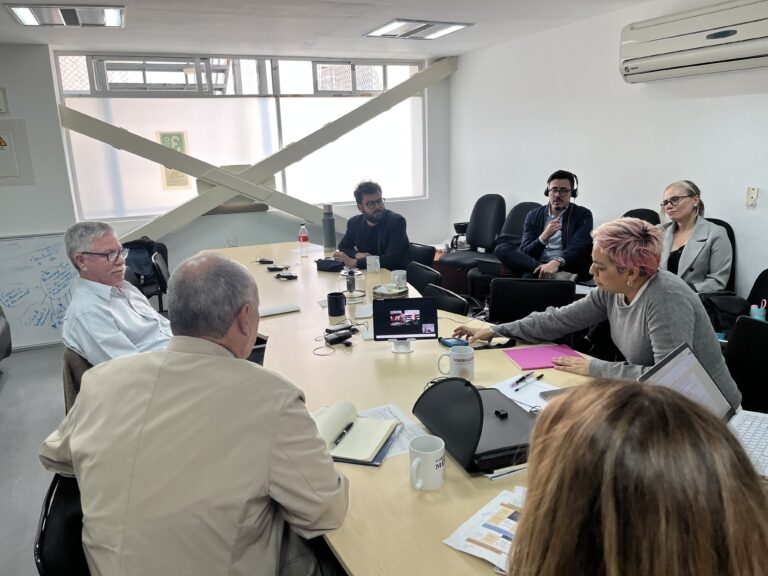
Delivering Policy Papers for the Truth Commission
Eight policy papers were developed by civil society specialists to inform the Truth Commission with recommendations to the State in the areas of truth, memory, justice, reparations and guarantees of non-repetition.
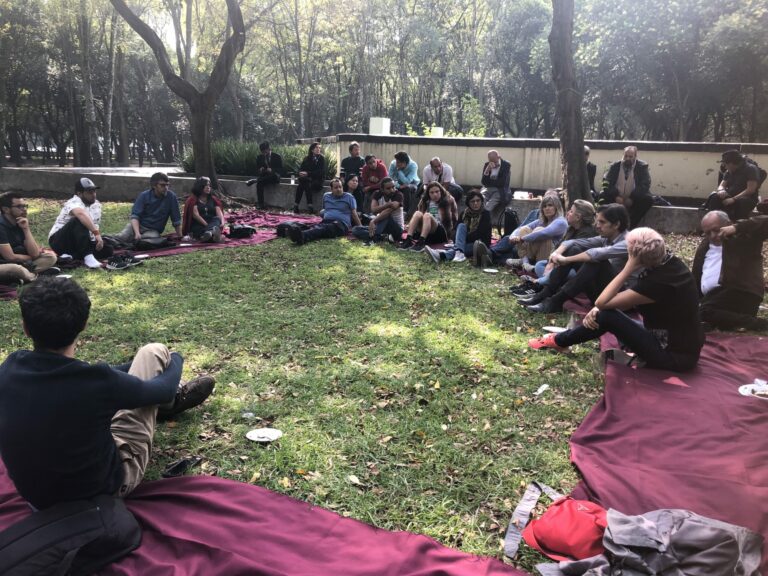
Creation of the Mexican Network of Sites of Memory
Somos Memoria Network emerged as an initiative to form a Mexican network of human rights defenders, survivors, and families of victims of recent and ongoing violence, united by demands for truth, memory, and justice. During meetings held as part of the "Memorialization and Archives Project," the idea arose to create a network of all participating collectives to strengthen both individual and collective efforts to advance public policy changes through memorialization and archiving efforts.
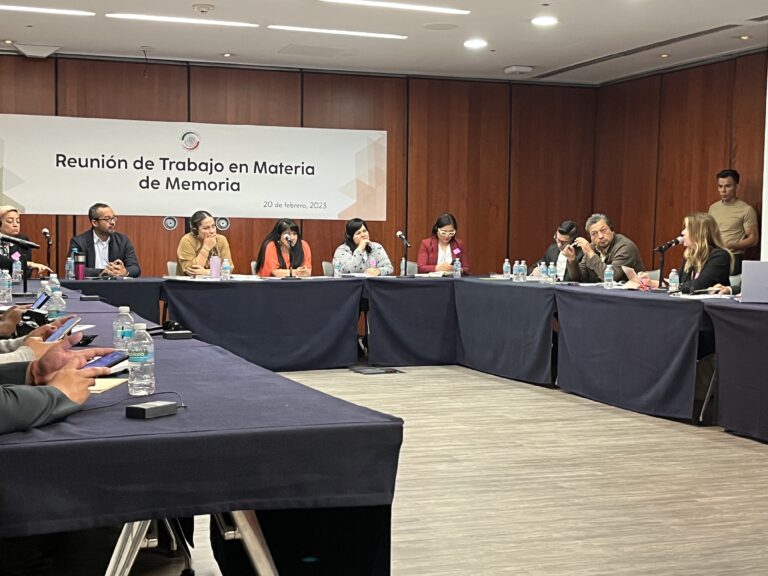
Support to Mexican CSOs and Institutions in the Drafting of a Law of Memory
In Congress, support teams of several senators and representatives expressed interest in following regional experts on laws of memory and related regulations in individual countries and the Inter-American system. GIJTR partner DPLF produced a reference document on Latin American and Inter-American legislation and jurisprudence related to historical memory, human rights archives, and symbolic reparations. Additional workshops allowed ICSC member sites from Latin America to share experiences and recommendations on archives, memorialization, and truth-telling. These documents and workshops informed the CSOs and institutions drafting the Law of Memory proposal in Mexico.
Development of Collaborative Working Groups with Civil Society, Government Institutions, and Congress
GIJTR supported the establishment of working groups led by relevant CSOs to build local capacities in digital archiving and develop local documentation protocols to facilitate human rights research. Researchers from civil society and the Truth Commission collaborated to create documentation packages, initially for the Commission but with a focus on long-term sustainability. GIJTR also developed reference documents to guide the Undersecretariat of Human Rights and several Congress members on legal frameworks for memory in Latin America, aiding consultations with civil society on the Law of Memory. Additionally, the Somos Memoria network of Mexican sites of memory, formed during the project, is now operational and has welcomed new members beyond the initial participants.
